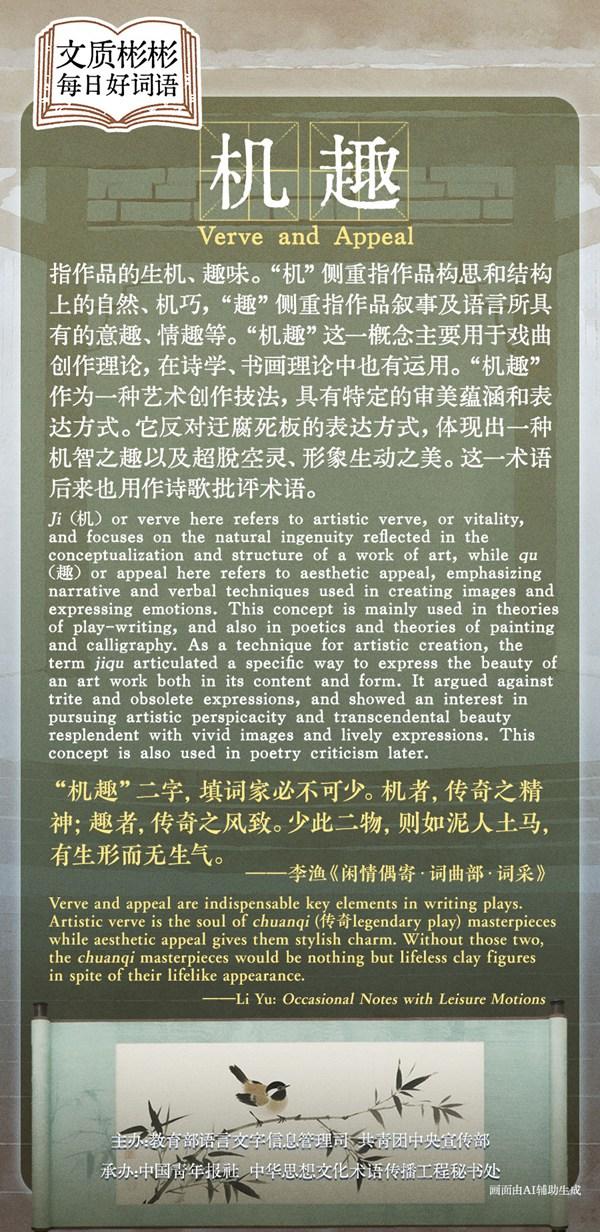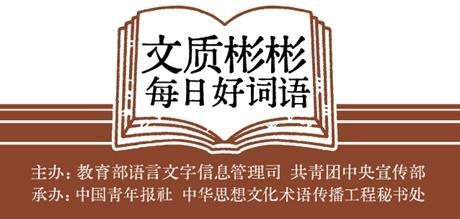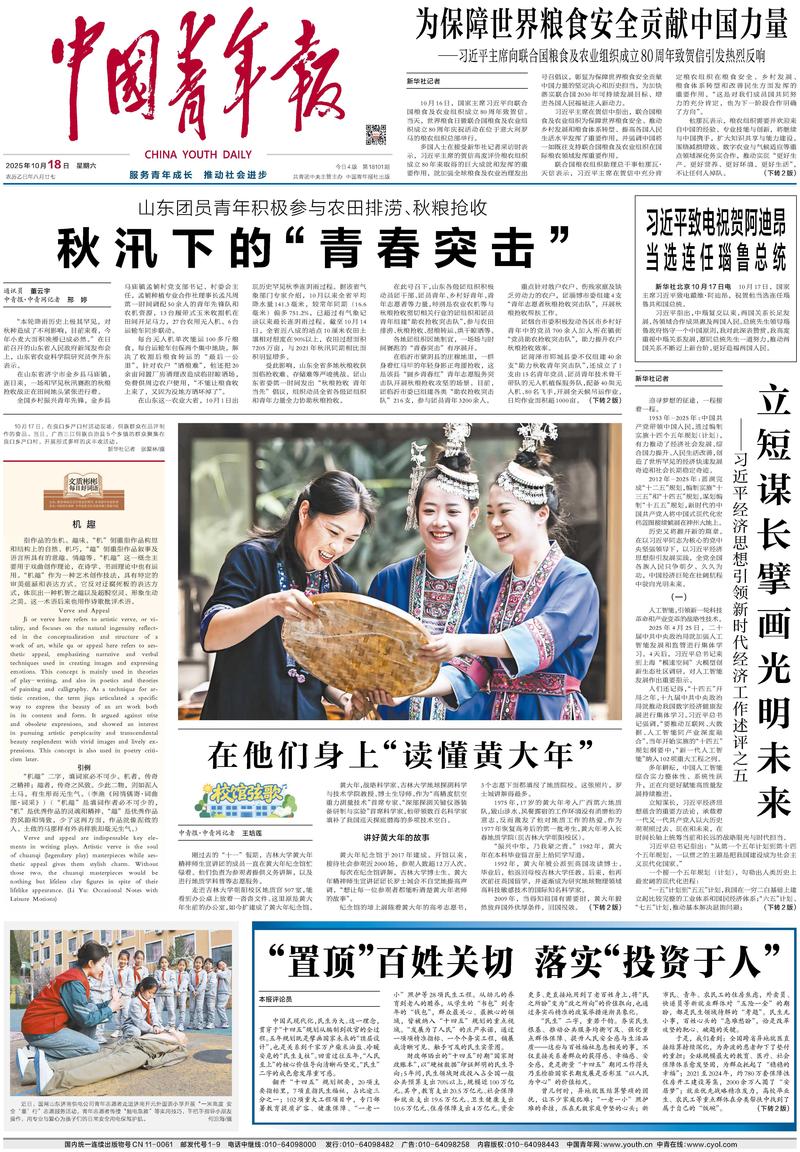
指作品的生机、趣味。“机”侧重指作品构思和结构上的自然、机巧,“趣”侧重指作品叙事及语言所具有的意趣、情趣等。“机趣”这一概念主要用于戏曲创作理论,在诗学、书画理论中也有运用。“机趣”作为一种艺术创作技法,具有特定的审美蕴涵和表达方式。它反对迂腐死板的表达方式,体现出一种机智之趣以及超脱空灵、形象生动之美。这一术语后来也用作诗歌批评术语。
Verve and Appeal
Ji or verve here refers to artistic verve, or vitality, and focuses on the natural ingenuity reflected in the conceptualization and structure of a work of art, while qu or appeal here refers to aesthetic appeal, emphasizing narrative and verbal techniques used in creating images and expressing emotions. This concept is mainly used in theories of play-writing, and also in poetics and theories of painting and calligraphy. As a technique for artistic creation, the term jiqu articulated a specific way to express the beauty of an art work both in its content and form. It argued against trite and obsolete expressions, and showed an interest in pursuing artistic perspicacity and transcendental beauty resplendent with vivid images and lively expressions. This concept is also used in poetry criticism later.
引例
“机趣”二字,填词家必不可少。机者,传奇之精神;趣者,传奇之风致。少此二物,则如泥人土马,有生形而无生气。(李渔《闲情偶寄·词曲部·词采》)(“机趣”是填词作者必不可少的,“机”是优秀作品的灵魂和精神,“趣”是优秀作品的风韵和情致,少了这两方面,作品就像泥做的人、土做的马那样有外表样貌却毫无生气。)
Verve and appeal are indispensable key elements in writing plays. Artistic verve is the soul of chuanqi (legendary play) masterpieces while aesthetic appeal gives them stylish charm. Without those two, the chuanqi masterpieces would be nothing but lifeless clay figures in spite of their lifelike appearance. (Li Yu: Occasional Notes with Leisure Motions)

来源:中国青年报
2025年10月18日 01版







 放大
放大 缩小
缩小 全文复制
全文复制 上一篇
上一篇